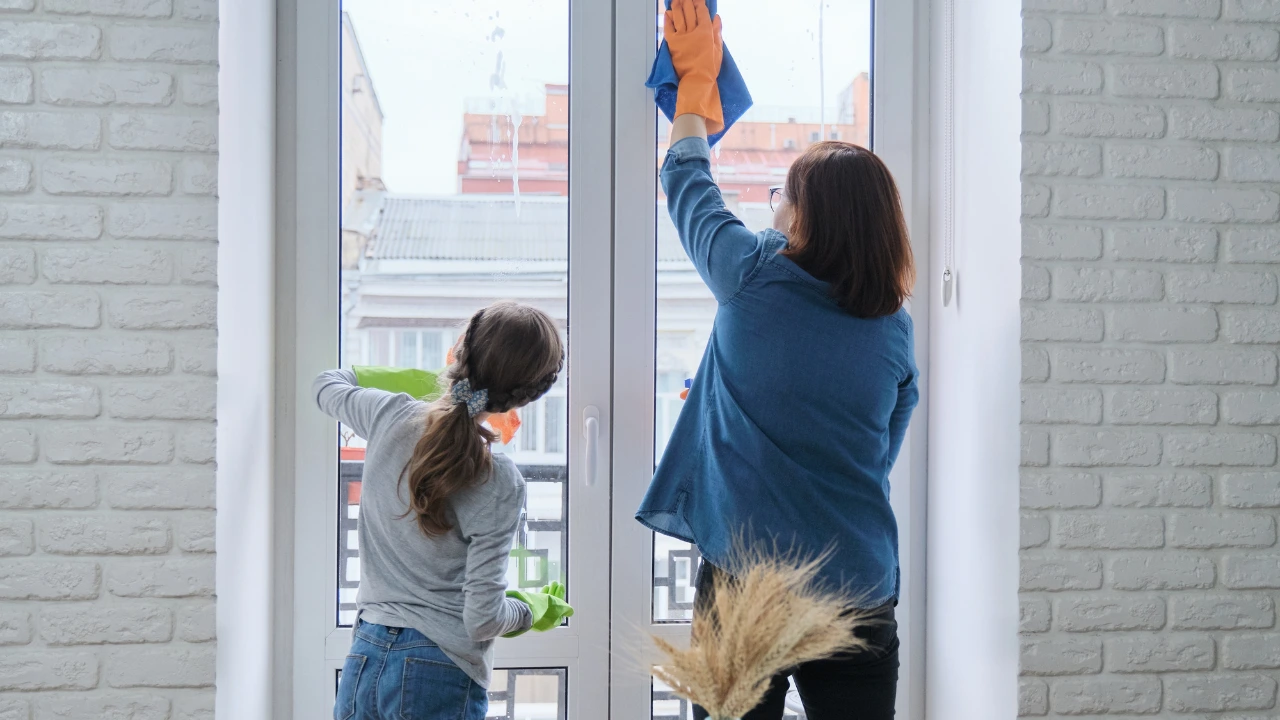
Teaching Kids the Importance of a Pest-Free Home
Last updated on January 11th, 2025 at 12:28 pm
A pest-free home is not just a haven for comfort and cleanliness; it’s also essential for the health and safety of everyone in the household, protecting against various household pests. Teaching kids about the importance of maintaining a pest-free home equips them with life skills that will benefit them for years to come. Here’s why this lesson matters and how parents can make it fun and engaging.
Why Kids Should Learn About Pests
Pests like cockroaches, mosquitoes, and rodents are more than just nuisances—they carry diseases and can cause allergies or asthma. Teaching kids about the dangers of pests helps them understand the connection between hygiene and health. For the same reason, it’s important to involve them in maintaining a clean and pest-free home.
Understanding pest management is crucial for maintaining a healthy living environment.
Moreover, involving children in household care builds responsibility and awareness, fostering a sense of contribution to the family’s well-being.
To ensure your home stays pest-free, it’s always good to have extra help. Environet Pest Control, with over 22 years of experience, offers comprehensive solutions to keep your home safe and clean.
Understanding the Risks of Pests
Pests can pose a significant risk to the health and well-being of your family, especially children. Insects and rodents are not just annoying; they can carry diseases and trigger allergies, making it essential to prevent pests from entering your home. For instance, cockroaches can spread bacteria, while rodents can carry harmful viruses. Pest infestations can also damage your property and contaminate food, making it crucial to take proactive measures.
Children are more vulnerable to pest-borne illnesses due to their developing immune systems. This makes it essential for parents to take extra help in preventing pest infestations. Teaching your kids about pest control can help them develop important skills in maintaining a healthy and safe environment. By understanding the risks of pests, you can take the necessary steps to prevent them from becoming a problem in your home.
Fun Ways to Teach Your Kids About Pests and Prevention
- Storytelling and Books
Use children’s books or create stories about pests and how they impact the home. For example, narrate how “Super Kid” saves the day by keeping the house clean and pest-free. - Interactive Activities
- Pest Detective: Encourage your children to spot potential pest hotspots like uncovered food or water spills.
- Cleaning Challenges: Turn tidying up into a game, rewarding them for wiping counters or organizing toys.
- Science Experiments
Simple experiments, like observing how ants are attracted to sugary spills, can demonstrate the importance of cleaning up immediately. - Art and Crafts
Have kids draw pests and their hiding places, then discuss ways to keep these intruders out of the house. - Healthy Habits Chart
Create a weekly chart to track pest-prevention habits, such as washing hands, covering food, and throwing trash properly.
Key Lessons to Impart
- Cleanliness Matters: Explain that pests are attracted to food crumbs, open containers, and clutter. Keeping spaces tidy is the first step in prevention. Understanding different pest control methods can help children learn how to effectively keep their environment safe.
- Be Observant: Teach kids to spot signs of pest activity, like droppings, chewed wires, or mosquito bites, and to report them to an adult.
- Teamwork Makes a Difference: Instill the idea that everyone in the family has a role to play in keeping the home safe and healthy. Teach them that even small contributions, like closing doors tightly or cleaning spills, can make a big impact.
If you notice signs of pest activity, don’t wait! Environet Pest Control provides quick and effective pest management solutions to ensure your family is safe and sound.
The Importance of Hygiene in Pest Control
Maintaining good hygiene is an important step in preventing pest infestations. Regularly cleaning and decluttering your home can help reduce the risk of pests. Pests are often attracted to food crumbs, spills, and clutter, so keeping your living spaces tidy is crucial. Storing food and trash properly in airtight containers can help prevent pests from being attracted to your home. This simple habit ensures that pests like ants and rodents don’t have easy access to food sources.
Eliminating standing water and moisture can help prevent pests from breeding and multiplying. Mosquitoes, for example, thrive in stagnant water. Sealing entry points, such as cracks and gaps in doors and windows, can help prevent pests from entering and making themselves at home. By maintaining good hygiene, you can reduce the risk of pest infestations and keep your family safe.
Identifying a Pest Problem
Identifying a pest problem early on can help prevent it from becoming a major issue. Look for signs of pest infestations, such as droppings, nests, and gnaw marks. These indicators can often be found in hidden or less frequently used areas of your home. Check for pests in areas where food is stored and prepared, as well as in areas where pets and kids play. Be aware of unusual noises, such as scratching or scurrying sounds, which can indicate a pest problem.
Additionally, check for signs of pest damage, such as holes in walls or chewed-up furniture. By identifying a pest problem early on, you can take the necessary steps to prevent it from becoming a major issue. Regular inspections and being observant can go a long way in maintaining a pest-free home.
Making Pest Control a Family Effort
Making pest control a family effort can help teach your kids important skills in maintaining a healthy and safe environment. Encourage your kids to help with pest control tasks, such as cleaning and decluttering. This not only lightens the workload but also instills a sense of responsibility in them. Teach your kids about the importance of hygiene and how it can help prevent pest infestations.
Make pest control a fun and educational experience for your kids by turning it into a game or a fun activity. For example, you can have a “pest detective” game where they look for potential pest hotspots. Encourage your kids to take ownership of pest control tasks and make it a part of their daily routine. By making pest control a family effort, you can help teach your kids important skills and values that will last a lifetime.
The Long-Term Impact of Early Education
By teaching kids about pest control early, you’re giving them valuable life skills in cleanliness, responsibility, and teamwork. These skills will not only keep your home pest-free but will also guide them when they have homes of their own. For the same reason, it’s never too early to start introducing them to these essential habits. By teaching children about integrated pest management, you equip them with a holistic approach to maintaining a pest-free environment.
Conclusion
Teaching children about the importance of a pest-free home doesn’t have to be boring. With a bit of creativity, it can become a fun and engaging family activity. For example, you can use games, experiments, or storytelling to approach the topic differently and capture their interest.
After all, a clean home is a happy home, and when everyone works together, even the smallest hands can make a big difference. And remember, for added protection and professional assistance, Environet Pest Control is always here to help. With trusted expertise in termite prevention, general pest control, and disinfection services, we’re your partner in creating a healthier, pest-free home for your family. For comprehensive pest control services, consider reaching out to professionals who can provide tailored solutions for your home.
For extra help with pest prevention or if you need expert tips tailored to your home’s needs, contact Environet Pest Control today and experience peace of mind in every corner of your home!
